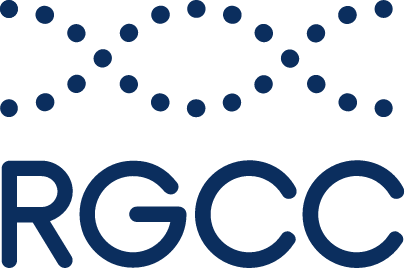Frequently asked questions
Filter frequently asked questions by topic or search the database for specific keywords
Which tests are recommended to identify active substances and drugs that work against a tumour?
Which tests are recommended to identify active substances and drugs that work against a tumour?
We recommend the Onconomics or Onconomics Plus tests.
Which test focuses on the status of the immune system and immunity?
Which test focuses on the status of the immune system and immunity?
The Immune-Frame test focuses on the status of a patient’s immune system, based on their cellular markers and the level of cytokine proteins in the test sample.
Which tests are recommended for follow-ups and patient monitoring?
Which tests are recommended for follow-ups and patient monitoring?
Oncocount, Oncotrace or Oncotrail tests can be used to follow up and monitor specific types of tumours.
Do circulating tumour cells predict the site of relapse and metastases?
Do circulating tumour cells predict the site of relapse and metastases?
Our Metastat test provides this information over a period of three years. It compares profiles of CTCs and metastases to detect relevant markers at the site of relapse.
Can patients with lymphoma or leukemia have their circulating tumour cell count measured?
Can patients with lymphoma or leukemia have their circulating tumour cell count measured?
Yes. Patients with lymphoma or leukemia can use an RGCC test to measure their circulating tumour cell count.
Can RGCC test for BRAF drugs?
Can RGCC test for BRAF drugs?
Yes. Onconomics and Onconomics Plus tests can be used for Ras–Raf-MEK-Erk, dabrafenib, vemurafenib, c-Jun, C-Fos, trametinib and sorafenib.
Can I send samples of specialised formulations and products for testing?
Can I send samples of specialised formulations and products for testing?
You are welcome to send us any substance for testing. We can also include additional natural substances in Onconomics Plus or Onconomics Extracts or additional chemotherapy drugs in the Onconomics test. We also offer combination tests, provided a doctor specifies the ratio of each component in the combination.
How reliable is a negative circulating tumour cell test result for patients who have no metastasis after surgery?
How reliable is a negative circulating tumour cell test result for patients who have no metastasis after surgery?
RGCC’s circulating tumour cell test has a negative predictive value of about 86%. This means our test will correctly return a true negative result 86% of the time.
Is ChemoSNiP a blood or buccal swab?
Is ChemoSNiP a blood or buccal swab?
If you only need to order the ChemoSNiP test on its own, a swab is suitable. However, if you wish to order other tests in addition to the ChemoSNiP, a patient’s DNA will be isolated from their blood. In this case, a blood sample is sufficient for both tests, so there is no need for a swab.
Does ChemoSNiP examine the cause of mutation?
Does ChemoSNiP examine the cause of mutation?
The ChemoSNiP test provides information about DNA mutations that can affect how humans develop cancer or respond to anti-cancer drugs and treatments.
Can Oncotrace differentiate between benign and malignant tumours?
Can Oncotrace differentiate between benign and malignant tumours?
Yes. The Oncotrace test provides information about the presence of circulating tumour cells, their concentration and immunophenotype, which may help identify their origin. It is used to provide guidance about a patient’s prognosis, and to help identify the primary tumour when this is unknown.
Can Immune-Frame tell if a patient’s immune system is suppressed as a result of cancer or if a suppressed immune system caused the cancer?
Can Immune-Frame tell if a patient’s immune system is suppressed as a result of cancer or if a suppressed immune system caused the cancer?
The Immune-Frame test focuses on the status of a patient’s immune system, based on their cellular markers and the level of cytokine proteins in the test sample.

